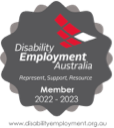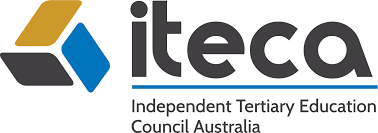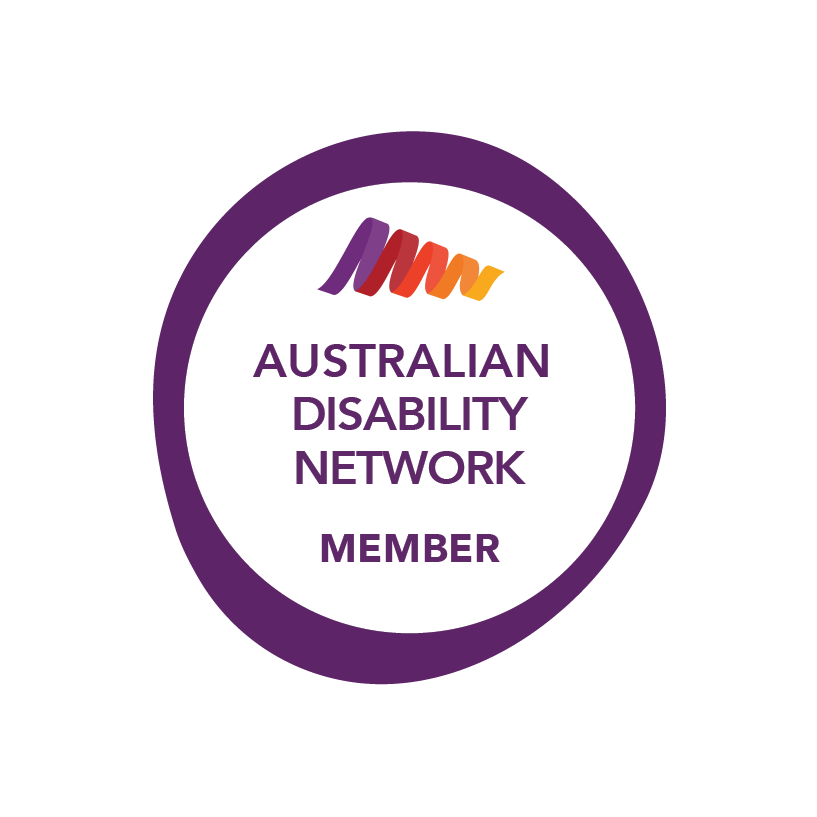A resume is a document that summarises your work experience, education, and skills. Potential employers use it to assess your qualifications for a job. A well-written resume can help you land your dream job, while a poorly written resume can hurt your chances of getting an interview. Here are some do's and don'ts of resume writing:
Here are some do's and don'ts of resume writing
Resume Writing Do’s
- Tailor your resume to the specific job you are applying for. Read the job description carefully and highlight the skills and experience that are most relevant to the position.
- Use keywords throughout your resume. When you apply for a job online, your resume will likely be scanned by an applicant tracking system (ATS) for keywords relevant to the position. Ensure to include keywords throughout your resume so that a human recruiter will see your resume.
- Use strong action verbs. When describing your work experience, use strong action verbs to highlight your accomplishments. For example, instead of saying, “I was responsible for managing a team of 10 people,” say, “I led a team of 10 people to achieve a 15% increase in sales.”
- Quantify your results. Whenever possible, quantify your results. For example, instead of saying, “I increased sales,” say, “I increased sales by 15%.” As a result, hiring managers will understand the impact of your work.
- Use white space. A well-formatted resume is easy to read. Use white space to break up your text and make your resume more visually appealing.
- Proofread carefully. Typos and grammatical errors will make you look unprofessional. Make sure to proofread your resume carefully before submitting it to potential employers.
Resume Writing Don’ts:
- Don’t use a template. While resume templates can be a useful starting point, don’t use a too generic template. If you use a template for your resume make sure it is unique to you and your qualifications.
- Don’t lie or exaggerate. It is essential, to be honest and accurate on your resume. Lying or exaggerating your skills or experience will only hurt you in the long run.
- Don’t use too much jargon. Jargon is a technical language specific to a particular industry or field. If you use jargon on your resume, ensure the hiring manager will understand it.
- Don’t use all caps. Using all caps is considered shouting and is unprofessional.
- Don’t use a lot of colours or graphics. A resume should be easy to read. Avoid using too many colours or graphics, as they can make your resume difficult to scan.
- Don’t put your social media handles on your resume. Social media can be a great way to connect with potential employers, but putting your social media handles on your resume is inappropriate.
Are you a Centrelink (Service Australia) participant looking for Support?
TURSA can help!
We offer a range of FREE support services to help you find and keep employment
Our services include:
- Job search assistance
- Resume writing and interview skills training
- Employment preparation workshops
- Access to a range of employment programs
- And more!
To find out more about our services, please contact us today.















